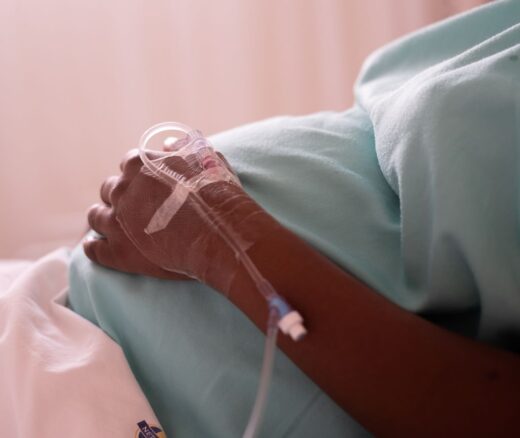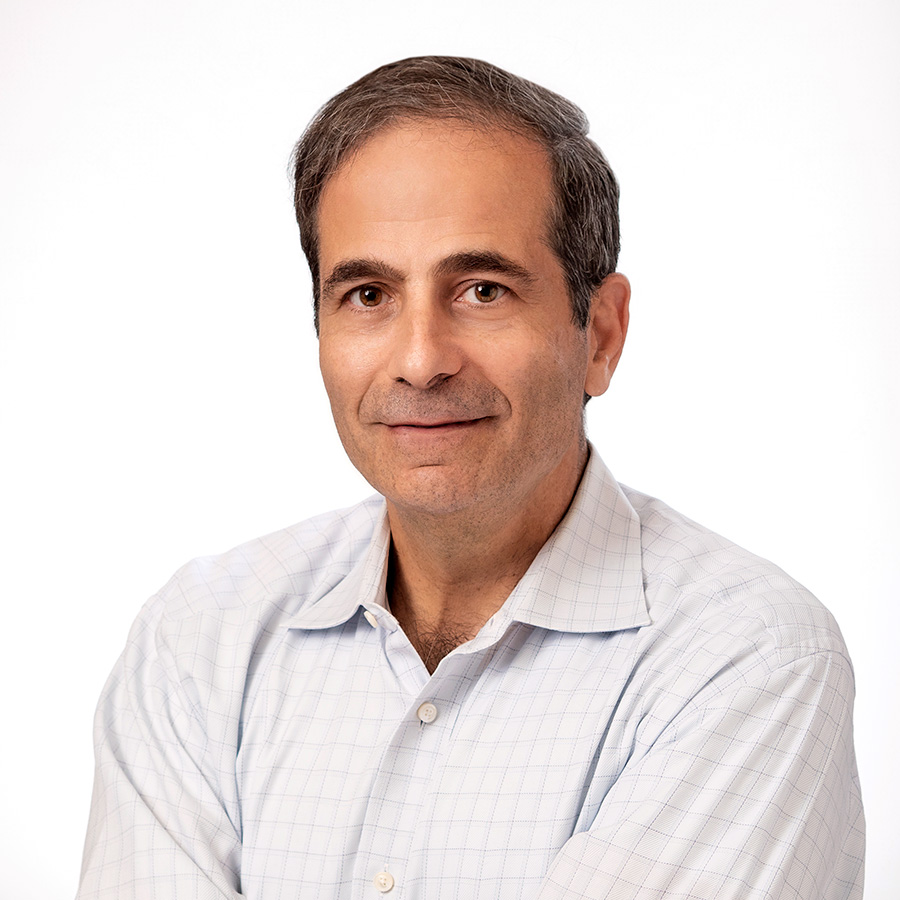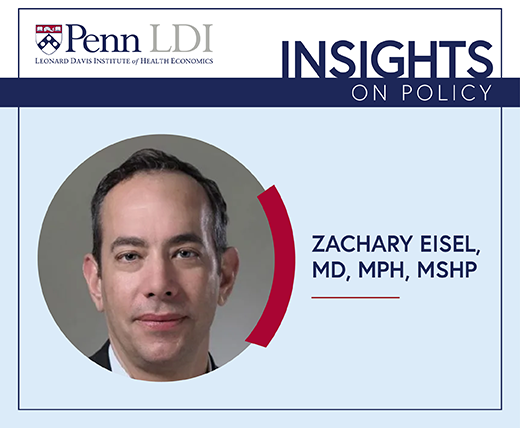
Over 500 U.S. Hospitals Have Stopped Delivering Babies Since 2010
A Crisis in Maternal Care is Unfolding—and it’s Hitting Rural and Urban Communities Alike
Blog Post

For someone who leads Pennsylvania’s largest agency, Dr. Val Arkoosh takes a refreshing approach to her work. She starts by listening to understand where folks line up on issues that involve the vast Department of Human Services, which accounts for nearly half the state’s $17.45 billion budget.
She doesn’t assume that problems are different between rural and urban residents. She looks instead for factors in common and opportunities to build coalitions to make changes, she told an audience of Penn Medicine administrators, health policy researchers, students and staff at the Leonard Davis Institute of Health Economics at the University of Pennsylvania on Nov. 28.
Above all, she said, be prepared to move quickly when opportunity arises.
Next month marks her first full year in office as Secretary of Human Services, and Arkoosh can cite several examples of her style in action.
Arkoosh’s most consequential action is still in process. The state is applying for an 1115 waiver from the federal government to revamp its Medicaid program so it can invest in addressing social factors related to health, such as housing and food. Housing is critical to managing diabetes and other diseases, she noted.
The agency also wants to cover the health of children from birth through age 6. It plans to give inmates Medicaid coverage before their release, enabling them to stay on any medications and avoid other health problems on the outside. Inmates returning to the community now often wait weeks to restart their Medicaid coverage, which cuts them off from care during a highly vulnerable period.
“This is a transformative effort for the state,” Arkoosh said of the waiver request. She cited “the heroic efforts” of LDI Director of Policy David Grande who also serves as a Senior Advisor to Arkoosh at DHS. Grande helped to spearhead the development of the state’s waiver application in nine months, in part by creating an approach that draws on lessons and federal regulatory approvals from other states.
Public comment on the waiver started Dec. 2 and can be done here, but approval could take a year. It will likely be 2025 at the earliest before the effort starts to affect patients in the Keystone State.
Arkoosh said she learned how social factors affect health when she worked as an anesthesiologist at Penn focused on mothers in labor while pursuing a Master of Public Health from the Johns Hopkins Bloomberg School of Public Health, which she obtained in 2007.
After running unsuccessfully for Congress in 2014, Arkoosh was appointed to the Montgomery County Board of Commissioners in January 2015 and was elected Commission Chair in November 2016, becoming the first woman to hold that position. She was re-elected in November 2019, and played a key role in the county’s response to the pandemic. She ran unsuccessfully for Pennsylvania’s U.S. Senate seat in 2022, and Gov. Josh Shapiro appointed her head of DHS in January 2023. The agency’s portfolio includes Medicaid, child welfare, long term care, mental health services and child care.
Asked about stemming gun violence, Arkoosh noted there was no political will among legislators to make even minimal changes, such as red flag laws that would bar a dangerous person from possessing guns temporarily.
But she said there are tools that could help. Reducing blight in a neighborhood “has enormous effect,” she said.
Officials also need to intervene much earlier in young people’s lives. It’s too late when a shooting has occurred. Officials need to consider intervention during pre-school and grade school to instill such skills as anger management and ease concerns from hunger to trauma.
She cited a mental health program that California is starting for children. Instead of labeling children with a diagnosis, which many parents dislike, the program collects children’s Adverse Childhood Experiences (ACE) scores, which measure the trauma they have experienced in life. Any child with a high ACE score automatically receives mental health treatment. These are the kinds of approaches that need to be explored, she said.
Another concern is the high maternal mortality rate that afflicts people of color the most. Most deaths don’t occur in the hospital but after delivery when insurance may have lapsed and social factors restrict care. “Everyone is now covered for a full year” after childbirth thanks to the previous Wolf administration, said Arkoosh who was a past member of the Pennsylvania Maternal Mortality Review Committee.
Arkoosh said her job is something of a balancing act. She wants to make telehealth easier but doesn’t want it to go too far. Some groups want to do only telehealth, but federal regulators say no group can do just that, she said. Each player needs links to brick-and-mortar providers so patients aren’t stranded for care.
She also urged the audience to document and publicize the health effects of climate change. These impacts have been “under the radar” especially for children despite how excessive heat contributes to violence and encourages the growth of tick-borne illnesses. The smoke from the Canadian fires last summer cemented climate change in the public consciousness, she said. “You all can lift up the health impacts” of a changing world, she said.
Arkoosh gave a shout-out for good policy research and data, calling it “my base” for spurring policy changes. She urged listeners to expand that work and also step out of their academic world by writing op-ed opinion pieces and sharing stories of patients, saying “this is what moves legislators.”
She also encouraged caregivers and researchers to follow her example: run for office.


A Crisis in Maternal Care is Unfolding—and it’s Hitting Rural and Urban Communities Alike

Research Memo: Delivered to House Speaker Mike Johnson and Majority Leader John Thune

Research Memo: Delivered to House Speaker Mike Johnson and Majority Leader John Thune

Historic Coverage Loss Could Cause Over 51,000 People to Lose Their Lives Each Year, New Analysis Finds
Research Brief: New Incentive Structures and Metrics May Improve Program Performance

Research Memo: Response to Request for Technical Assistance